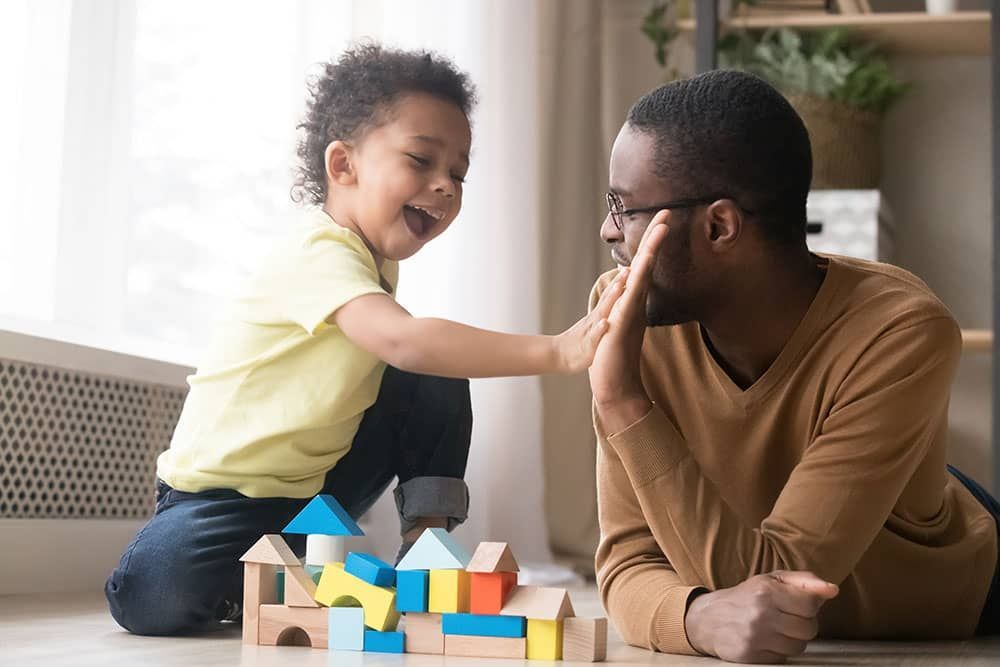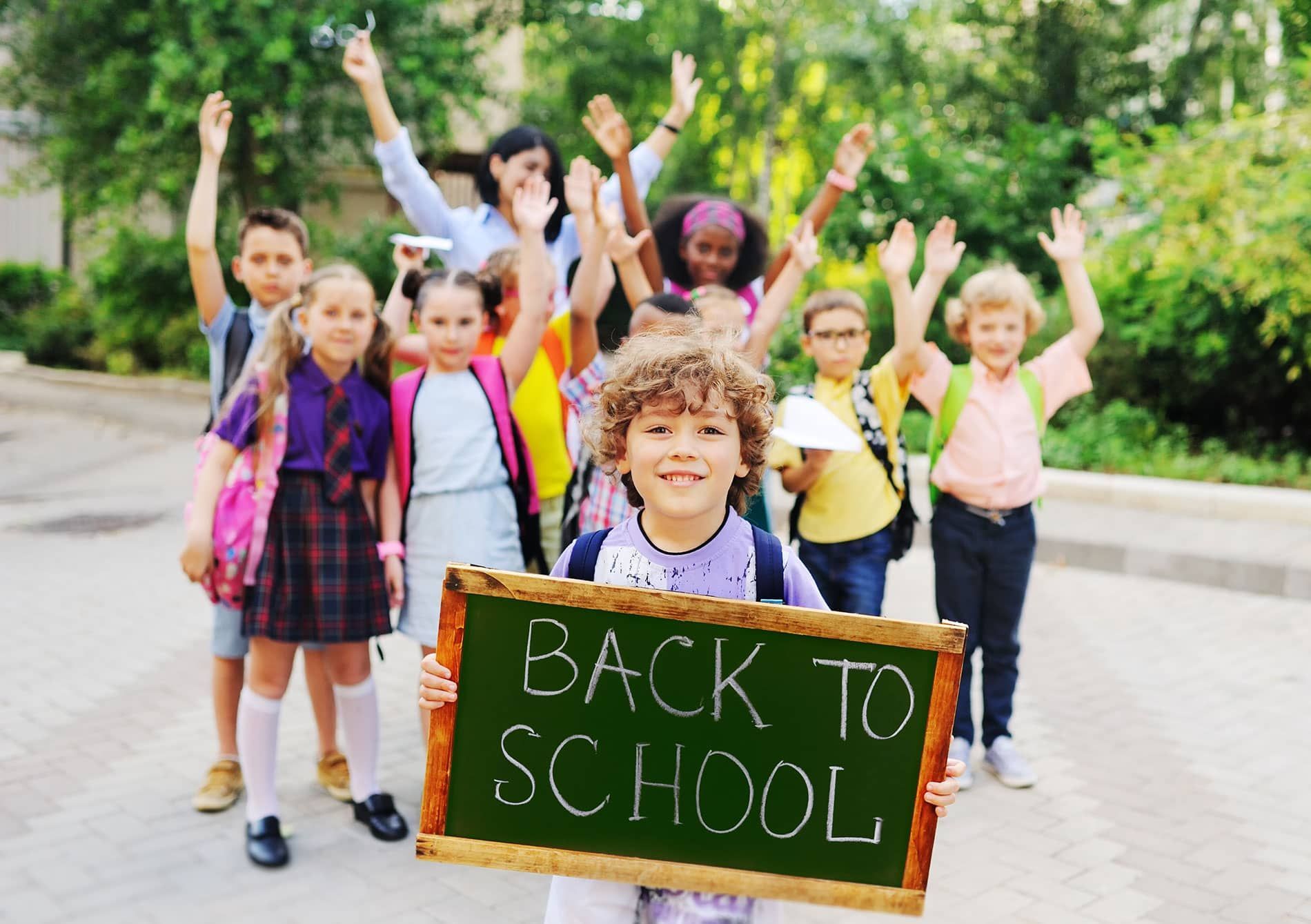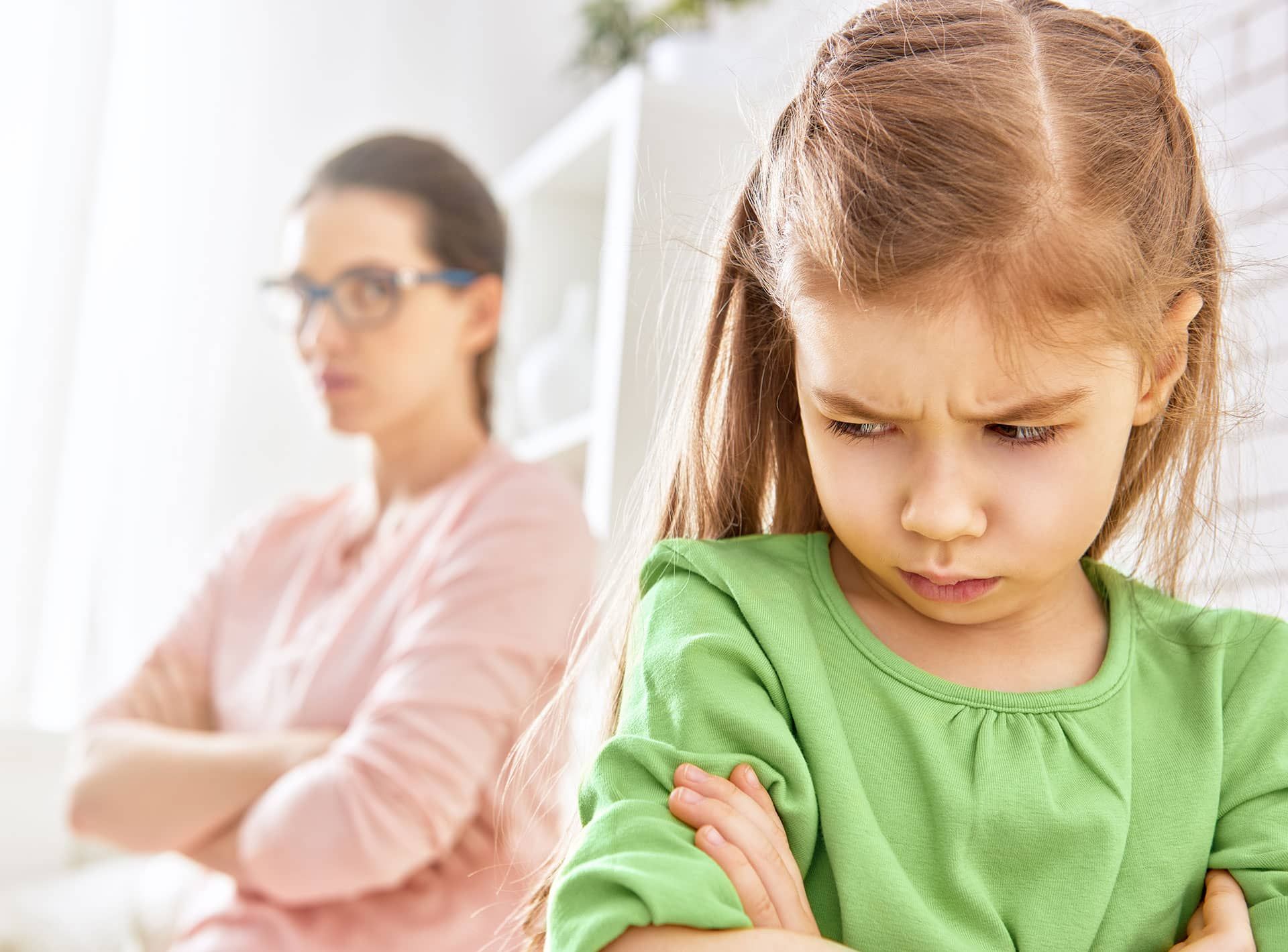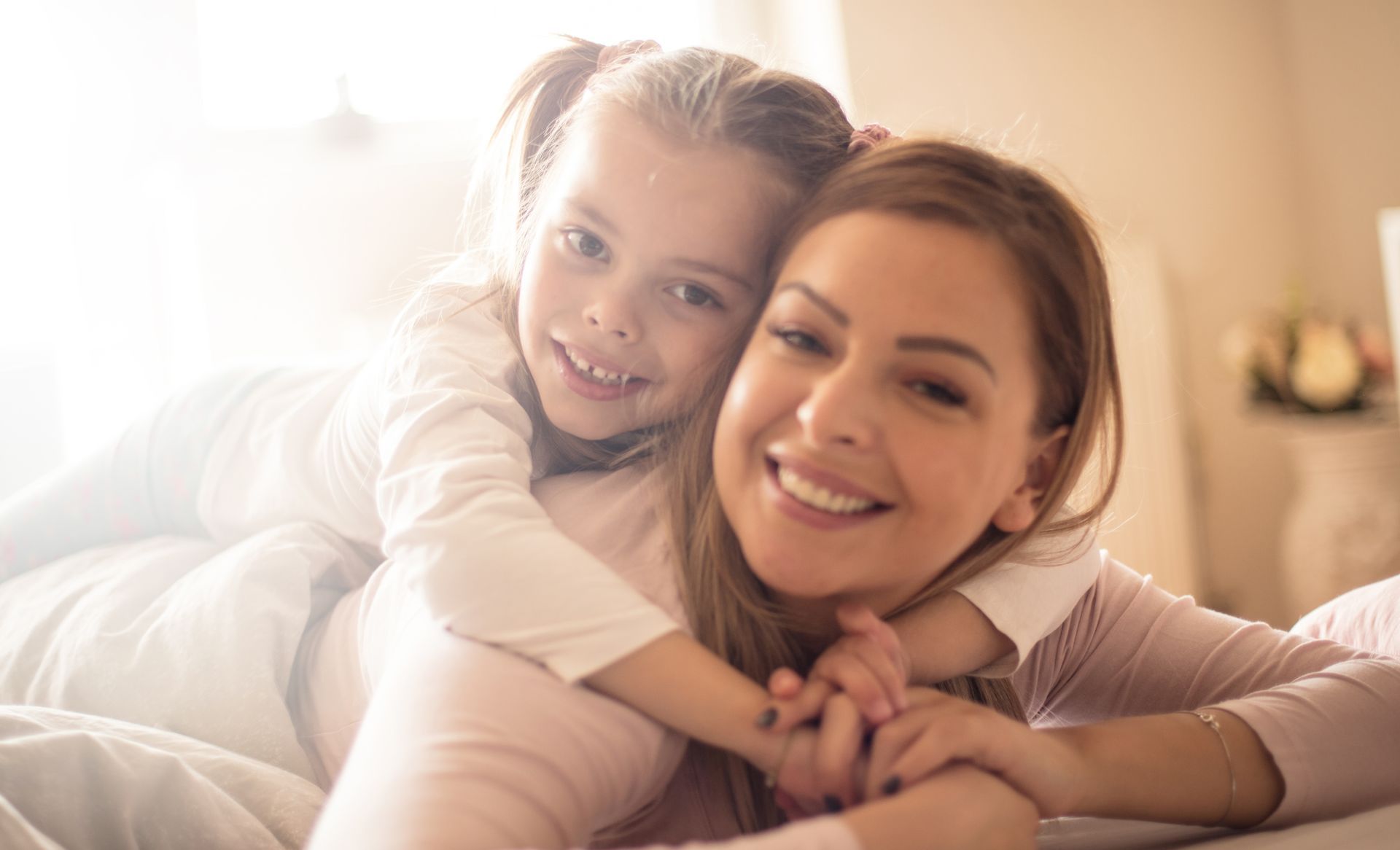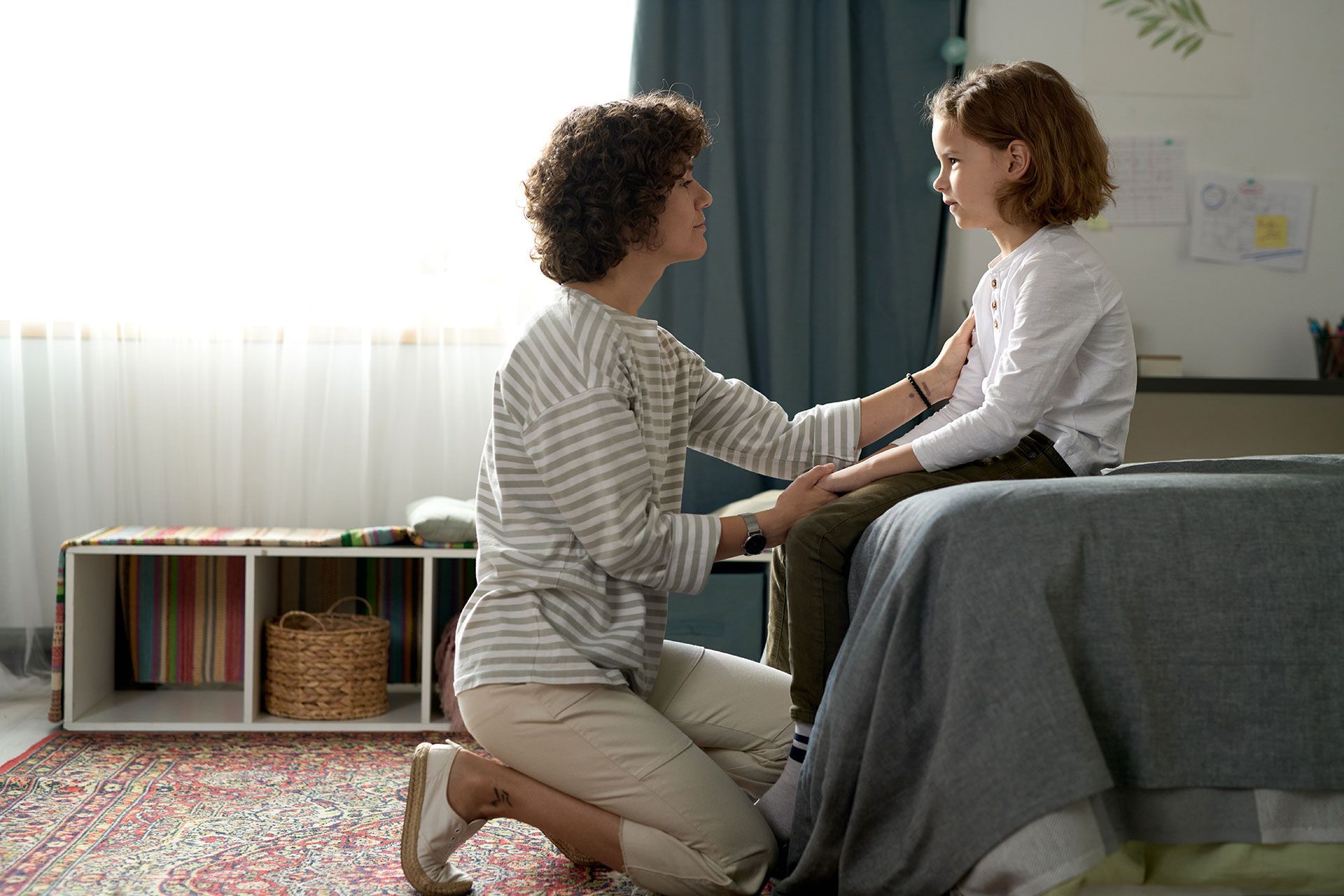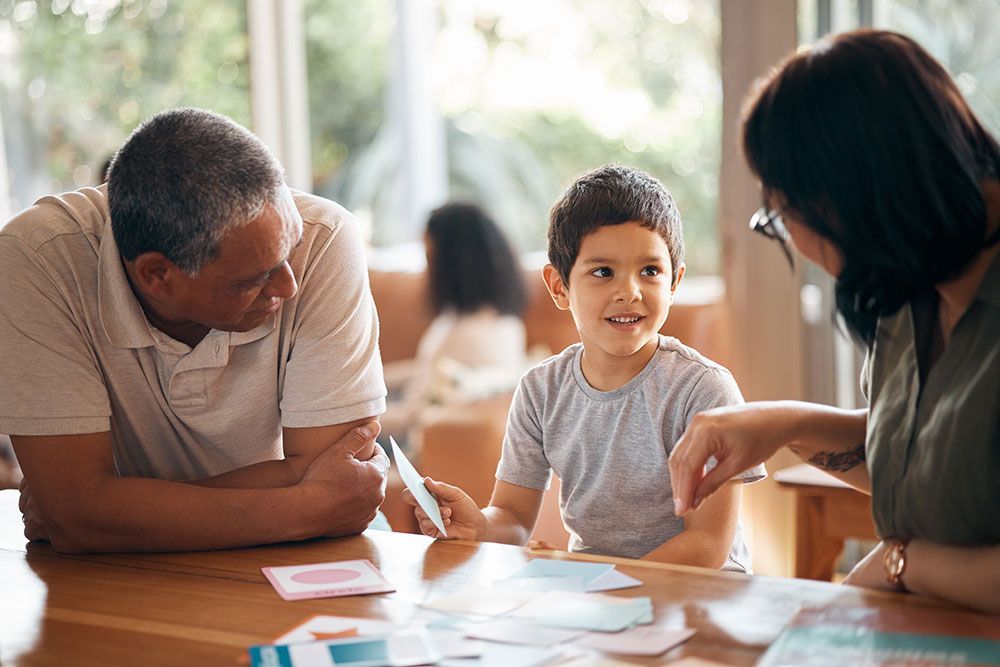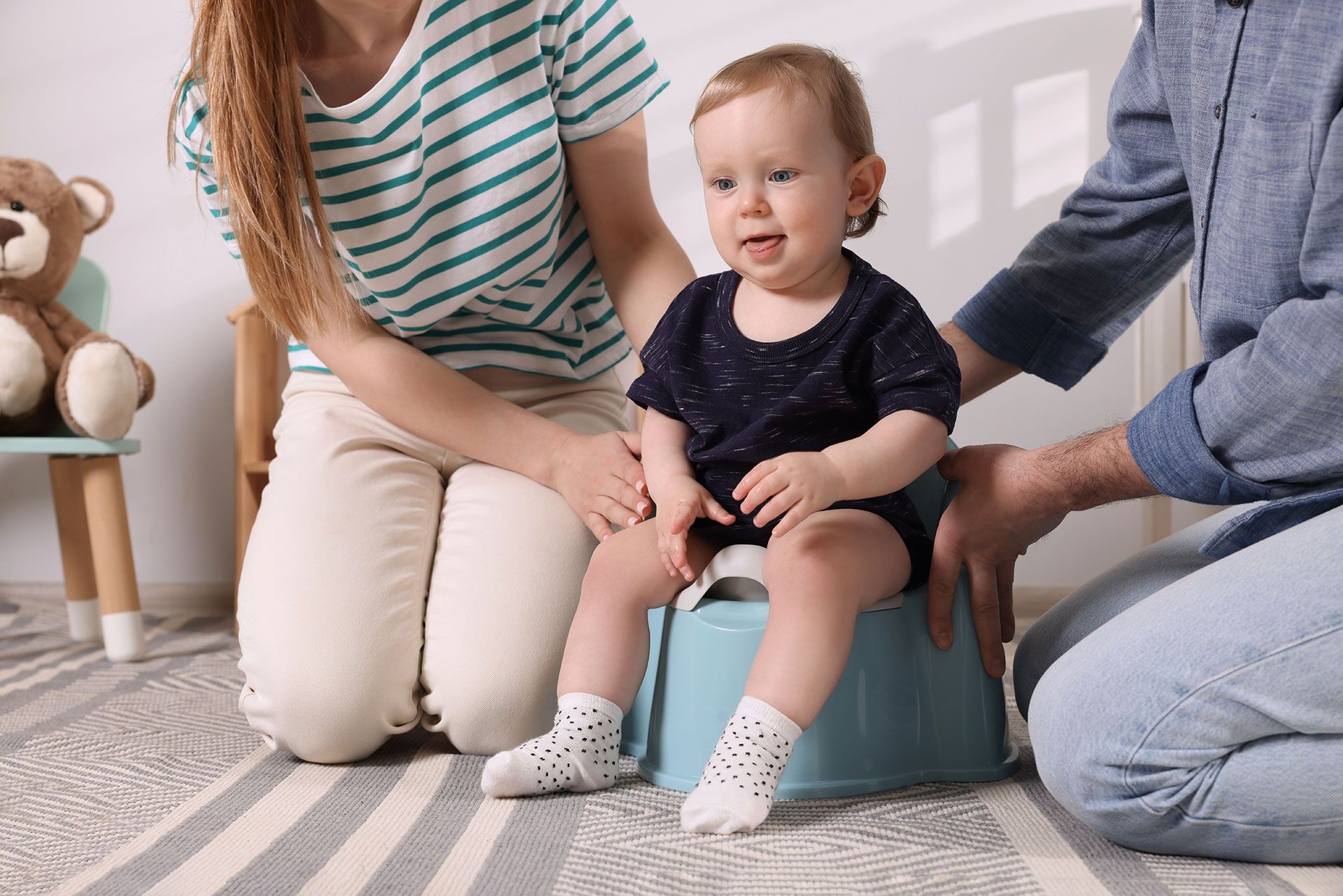Why is behavior therapy and parenting training so important for children with ADD/ADHD?
ADHD not only affects the individual child, but those around them as well. They can be disruptive towards others, make impulsive decisions, and seem to lack attention – all things that outwardly look like negative behavior that leads to punishment and severe discipline. However, with a proper diagnosis and treatment, these “problem” behaviors can effectively be managed.
As soon as a diagnosis is made for your child, it is important to start them with behavioral therapy. Behavioral therapy is a way for your child to learn or strengthen positive behaviors, and eliminate unwanted or problem behaviors.
But the burden of pursuing treatment for an ADHD diagnosis doesn’t fall on the child alone – Parents, too, must learn new ways of dealing with their children’s ADHD-related symptoms and behaviors. Training the parent in behavior management, coupled with behavior management therapy for the child, will strengthen the effectiveness of treatment.
Parent training in behavior management gives parents the skills and strategies to help their child. It may involve learning new ways of disciplining, such as positive reinforcement, or learning to be consistent in disciplining and managing their children’s behaviors. The therapist should meet regularly with the parents to review their progress, provide support, adjust strategies, and ensure improvement. Parents will take the skills they learned in therapy sessions and practice them with their children between sessions. It is extremely important for parents to be involved with their children’s behavior treatment, because parents have the greatest influence of all on their young child’s behavior.
Since children younger than six can experience more side effects from ADHD medications, parent training and behavior therapy proves even more necessary. For children six years and older, AAP recommends combing ADHD medication treatment, behavior therapy and parent therapy. This includes parent training in behavior management, behavioral interventions in the classroom, peer interventions that focus on behavior, and organizational skills training.
There are many actions a parents can take to help mitigate a child’s ADHD symptoms in their daily life. Try to establish an everyday routine from morning to bedtime, following the same schedule daily. Help your child stay organized by keeping their things in the same place every day, so that they are less likely to lose something. During homework time, manage distractions by providing a clean workspace and limiting noise such as the TV. (Conversely, some children with ADHD might find background noise or moving around helpful – figure out what works best for your child).
So that your child doesn’t feel overwhelmed or overstimulated, help them by limiting their options to a few choices in cases such as choosing what outfit to wear or what to eat for dinner. Use clear, brief directions when talking to your child, and repeat their questions back to them so they know you understood them. Help your child break down complicated tasks into simpler ones. Create realistic goals for your child, and give them praise or other awards when they achieve those goals.
When disciplining, choose directions, time-outs, and removal of privileges over negative reinforcements such as scolding, yelling or spanking. Encourage positive opportunities and experiences for your child – find out what they do very well, such as art or music – and create more opportunities for those activities. And most importantly, provide a healthy lifestyle for your child with a good night’s sleep, healthy diet, and plenty of exercise.
At Woodlands Behavioral Health & Wellness Center, we offer not just ADHD treatment for children with ADHD, but parent counseling as well. Parent counseling is about giving parents new tools to utilize with their children – tools that not only help model healthy relationships and understanding of the world, but also cultivate effective parenting techniques that makes sense to both the child and the parent. .
Goals of parent counseling can include:
· Co-parenting
· Family reunification
· Effective discipline
· Evidence based parenting interventions
· Improve parent-child relationship
· Decrease parenting stress
· Increase positive discipline
Our parent counseling will help guide you in beneficial ways to parent your child as they navigate new skills to help cope with an ADHD diagnosis. A combination of both parent counseling and counseling and treatment for your child can help mitigate the negative effects of ADHD and provide a positive outcome and success for the family unit as a whole.
